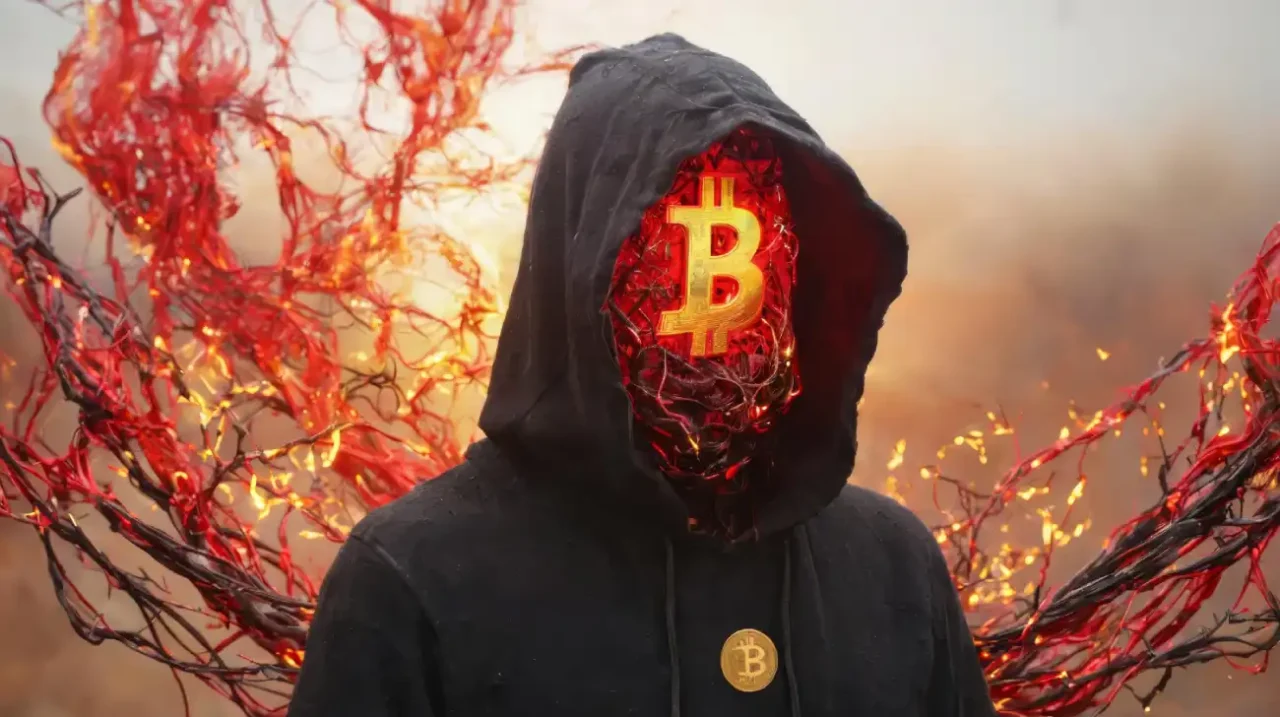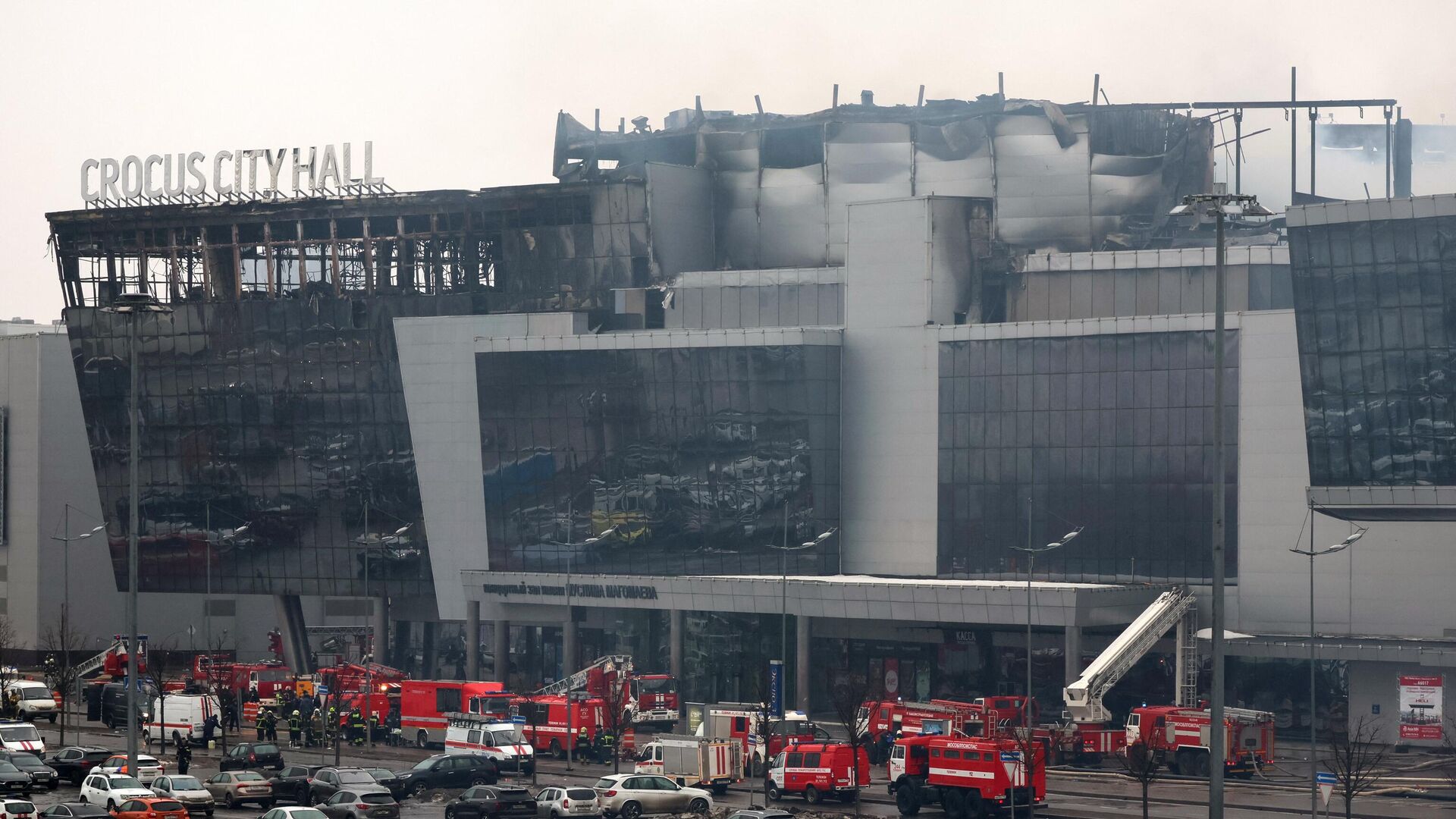
Cryptocurrency and Geopolitical Tensions: The Moscow Concert Hall Attack
In a surprising twist to the ongoing geopolitical conflicts, Russia’s investigative agency has levied serious allegations against Ukrainian nationalists, accusing them of funding a terror attack on Moscow’s Crocus City Hall through cryptocurrency. This incident marks a new chapter in the use of digital currencies in international conflict, highlighting the complexities and challenges of regulating and tracing such transactions across borders.
The Incident Unfolded
According to Russian authorities, the attack that targeted the prominent Crocus City Hall was meticulously planned and financed using cryptocurrency, a method chosen for its opacity and difficulty to trace. The suspects, allegedly acting under the direction of Ukrainian nationalist groups, carried out an assault that involved gun firing and arson, causing significant damage and raising security alarms across the Russian capital.

Evidence and International Reaction
The Russian agency claims to have tangible evidence supporting their accusations, though specifics have yet to be disclosed to the public or international bodies. This lack of transparency has led to skepticism, particularly from the United States, which has historically dismissed similar accusations from the Kremlin against Ukraine as baseless.
Adding a layer of complexity to the situation, John Kirby, the White House National Security Communications Advisor, has stated that ISIS claimed responsibility for the attack in a media briefing. This claim by ISIS introduces conflicting narratives, raising questions about the actual perpetrators and their motives.
Geopolitical Implications
The allegations come at a time of heightened tensions between Russia and Ukraine, with the United States and its allies closely monitoring the situation. The use of cryptocurrency in funding terror acts adds a new dimension to international security concerns, prompting calls for more robust regulatory frameworks to monitor digital transactions.
Conclusion: The Path Forward
The Moscow Concert Hall attack, with its layers of intrigue, misinformation, and geopolitical ramifications, serves as a stark reminder of the evolving nature of international conflict and terrorism. As nations grapple with the implications of digital currency in funding illegal activities, the international community faces the daunting task of balancing technological advancement with security and regulatory measures.
As the situation unfolds, it remains to be seen how Russia’s allegations will impact the already fragile relations in the region and what measures, if any, will be taken to prevent such incidents in the future.